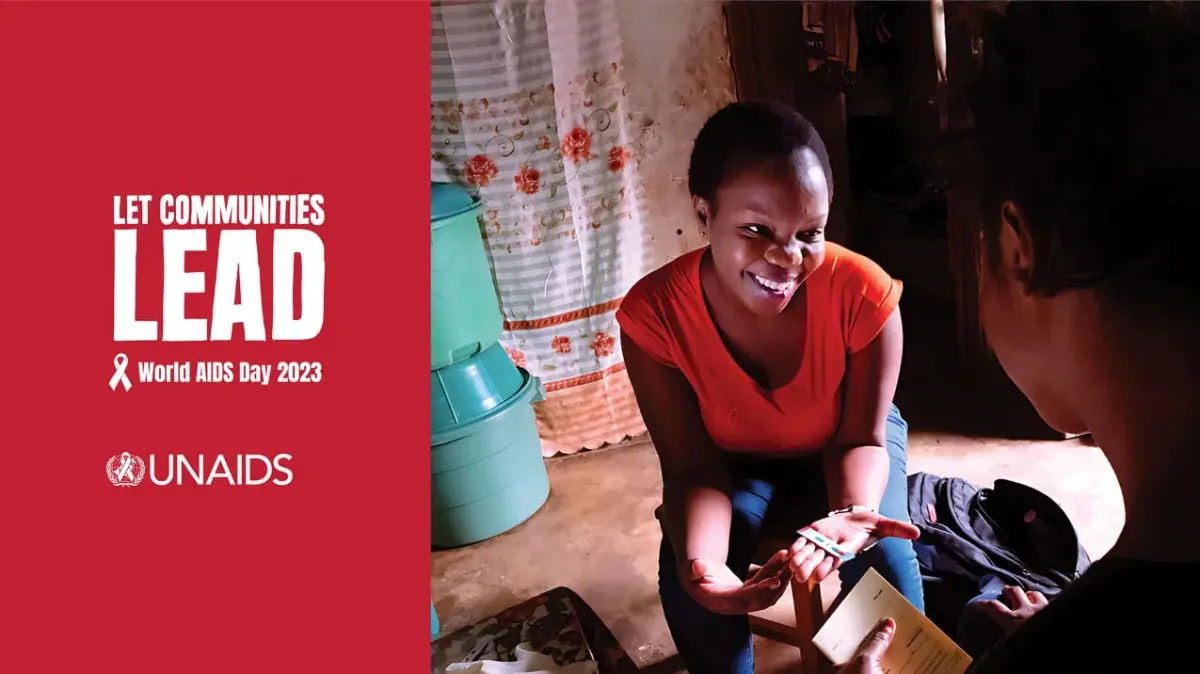Living with HIV can sometimes feel lonely, but having a strong support network can make a big difference in your life. Staying connected with others not only improves your mental and emotional health but also helps you stick to your treatment plan. Here’s why building a community is so important and how it can help you thrive.
1. Helps You Stick to Your Treatment Plan
Taking your antiretroviral therapy (ART) consistently is key to managing HIV. When you feel connected to others, you’re more likely to stay on track with your medication. Research shows that people with strong support networks are less likely to stop taking ART.
Your healthcare team is part of this support system. When they understand your emotional needs, it can make it easier to start and continue treatment. Having friends, family, or a support group outside the clinic can also encourage you to stay committed to your health.
2. Boosts Your Mental Health
Living with HIV can increase the risk of depression, especially because of the stigma that still exists. Feeling isolated or lonely can make this worse. On the other hand, having a strong support network can improve your mental health.
Studies show that people with HIV who feel connected to others are less likely to experience depression. Whether it’s friends, family, or a support group, having people to talk to can help you feel less alone and more understood.
3. Reduces Feelings of Loneliness
Everyone needs someone they can turn to for support. Whether it’s a friend, family member, or someone from a support group, having people in your life who care about you can make a big difference.
Your support network can include:
- Healthcare providers
- Family and friends
- Coworkers or neighbors
- People from clubs, classes, or volunteer groups
If you’re looking to make new connections, try joining a group or activity that interests you. It’s a great way to meet people who share your hobbies or passions.
4. Helps You Cope with Your Diagnosis
Connecting with others who also live with HIV can be incredibly empowering. Peer support groups allow you to share experiences, learn from others, and gain confidence in managing your health.
Talking openly about HIV with others who understand can also help break down stigma. Research shows that clinics with peer support programs often see better outcomes for their patients because of the emotional and practical support these groups provide.
5. Encourages New Hobbies and Interests
Trying new activities or hobbies can boost your mood and help you meet new people. Whether it’s joining a sports team, taking an art class, or joining a book club, finding something you enjoy can improve your sense of well-being.
Creative activities, like painting or music, can also reduce stress and improve mental health. Plus, doing these activities with others can make them even more enjoyable.
6. Provides Help with Medical Decisions
Having trusted people in your life who know about your HIV status is important, especially when it comes to medical decisions. Your healthcare team can guide you, but it’s also helpful to have friends or family who can support you.
These allies can also help advocate for you and educate others about HIV, reducing stigma and misinformation. You don’t have to face tough decisions alone—your support network can share the load.
Why Community Matters
HIV is now considered a chronic condition, and with proper treatment, people can live long, healthy lives. However, stigma and loneliness can still be challenges, especially for older adults with HIV. Building a strong support network can help you:
- Stay on track with your treatment
- Improve your mental health
- Feel less isolated
- Cope with challenges
- Enjoy new hobbies and interests
How to Build Your Support Network
Here are some ways to connect with others:
- Healthcare Team: Your doctors and nurses are there to support you.
- Peer Support Groups: Connect with others living with HIV through local or online groups.
- Social Activities: Join clubs, take classes, or volunteer to meet new people.
- Friends and Family: Share your experiences with trusted loved ones.
The Takeaway
You don’t have to face HIV alone. Building a community can improve your physical and mental health, help you stick to your treatment plan, and make life more enjoyable. Whether it’s through your healthcare team, friends, or a support group, staying connected is one of the best things you can do for yourself.
Remember, you’re not meant to do this alone—reach out and build your support network today!

